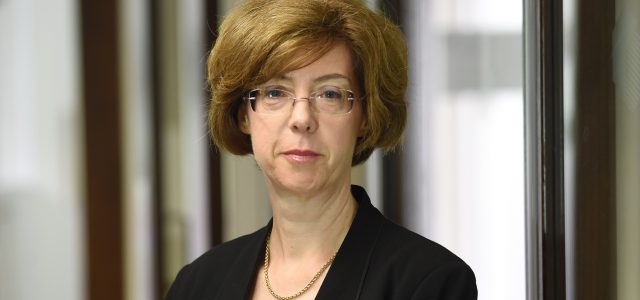
Pension Sharing In Divorce
Around 80 per cent of married couples have at least one pension, yet prior to a report by the Pension Advisory Group if a couple divorced, they were faced with uncertainty on how pensions should be divided. Helen Lucking, head of family at Napthens, looks at the implications of the PAG report
The Pensions Advisory Group (PAG) includes solicitors, mediators, financial advisers and pensions experts and was established to provide guidance on pension sharing in divorce. Whilst not enshrined in law, the advice is highly regarded and used by judges to assist in decision making.
During divorce financial proceedings, both parties are required to put assets ‘on the table’ and provide evidence on properties, savings and pensions. Pension’s evidence is the most recent cash equivalent value (CEV). Before the PAG report it was common for pension CEV to be ‘offset’ against another asset eg a wife proves her pension CEV is £100,000, if the family home holds £100,000 equity she may suggest she keep her pension, her husband keeps equity in the home. But pension values can be misleading – if from a defined benefit scheme, income upon retirement is potentially more valuable than the CEV.
Before the report, circumstances of the parties were not necessarily considered in decision-making. The PAG report specifies ages, health and earning potential are all relevant. It recommends pensions be dealt with separately to other assets and considered as future income – and pensions divided with an aim of equality of income upon retirement.
To calculate pension income, pension on divorce experts (PODEs) can produce reports that calculate this – but reports are expensive and can be lengthy to prepare. The PAG indicates a pensions report be obtained where pension CEV is £100,000 or above. However, CEV less than £100,000 does not necessarily reflect the income the pension will produce. Courts usually require a pensions report.
Courts are taking PAG advice seriously. In a recent case a couple separated in 2011 but only divorced and settled finances at trial in February 2019 (prior to the report). The wife’s pension had grown significantly during separation. She requested the court consider the value of her pension up to 2011 as a matrimonial asset and the court initially agreed.
The husband appealed. The appeal was heard in February 2020 (after the report) and the judge found the initial decision not in line with PAG advice. The pension was valued over £100,000 so a PODE should have been instructed – parties’ needs, ages and contributions had not been considered (the husband was 59 with health issues so unable to work and unlikely to have sufficient income upon retirement without a share of this pension). The appeal judge listed the matter for a further hearing to re-evaluate steps to be taken in line with the guidance.
If you have any queries or concerns about pension sharing, always consult an expert.
Helen Lucking is a Partner and Head of Family & Divorce at regional law firm Napthens
napthens.co.uk

